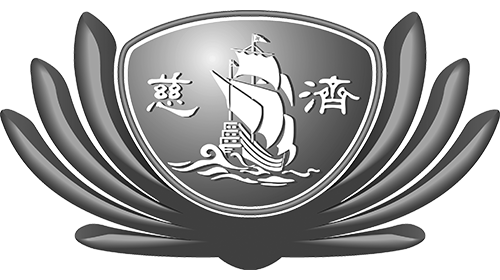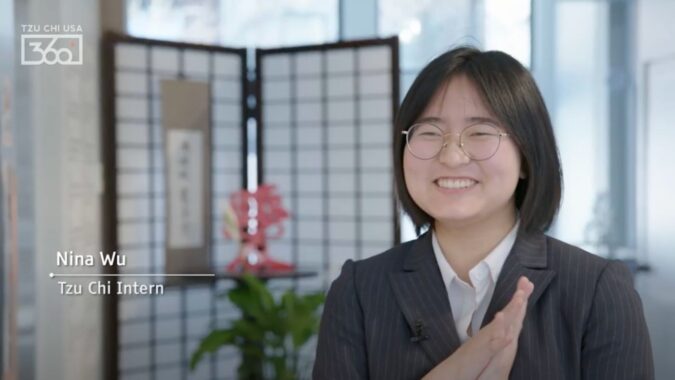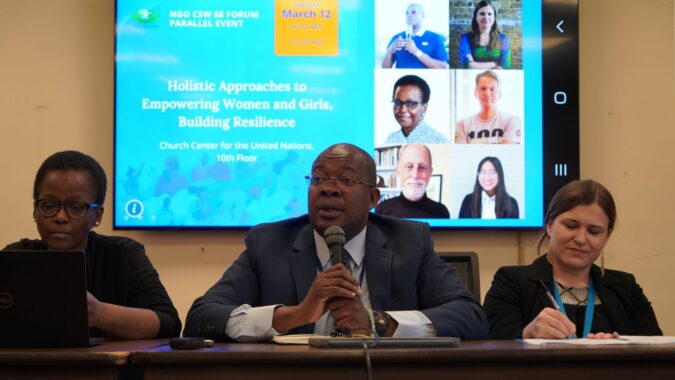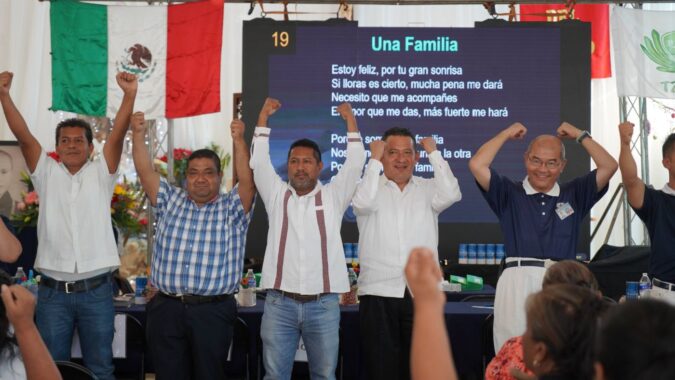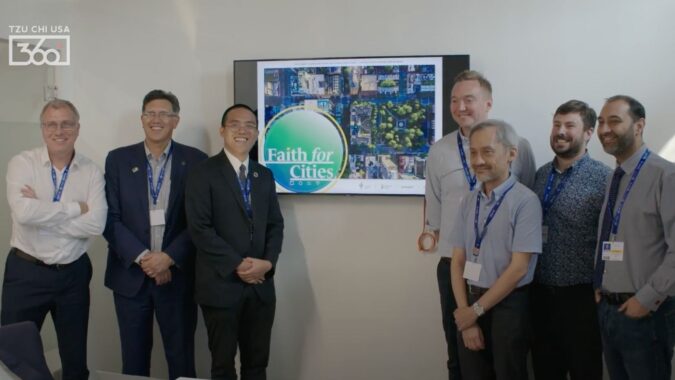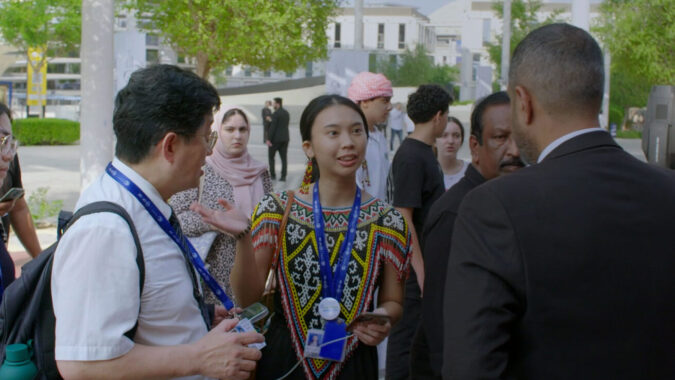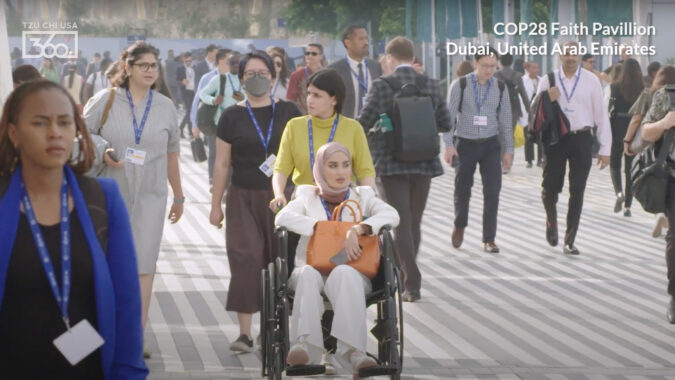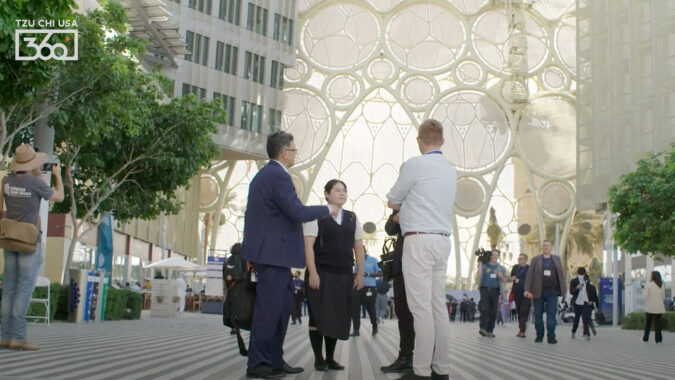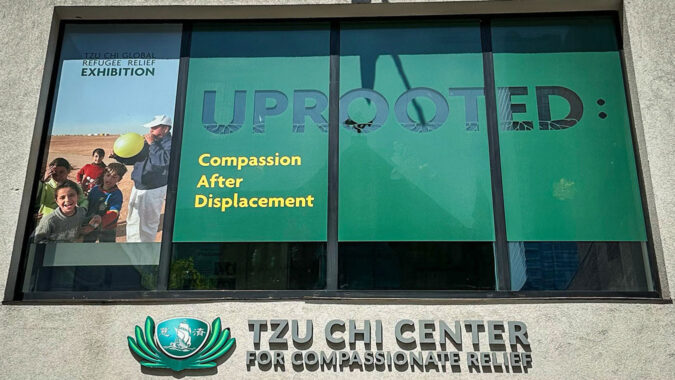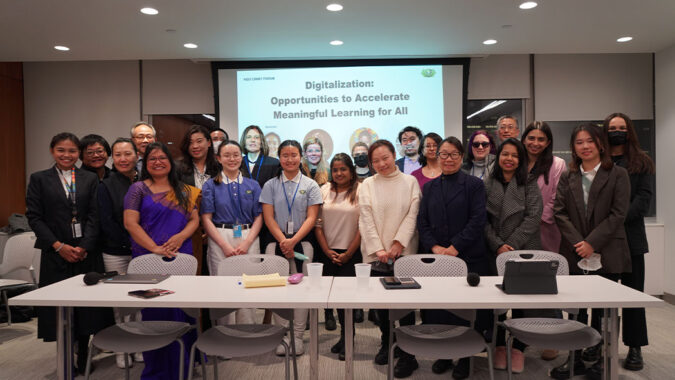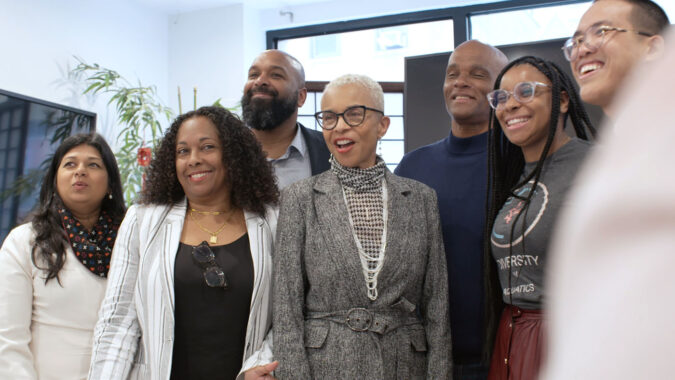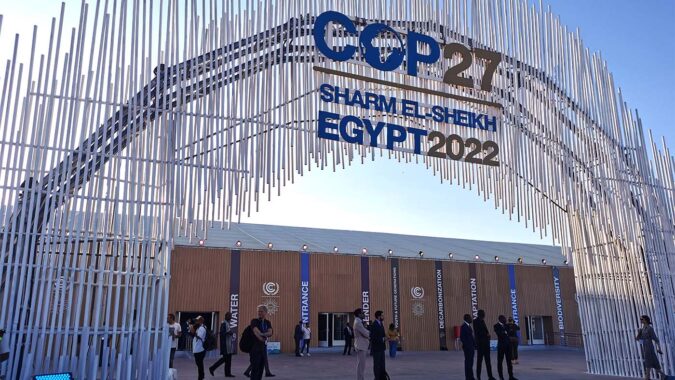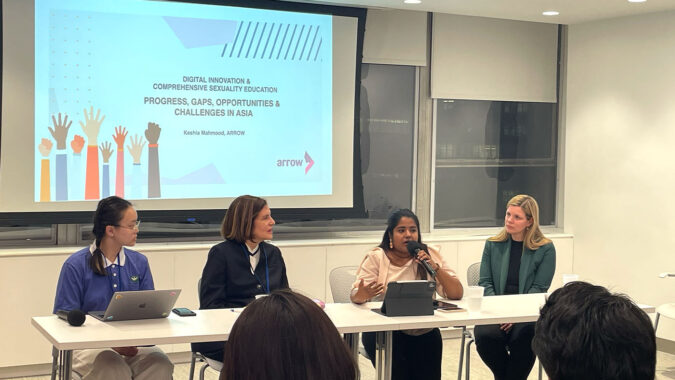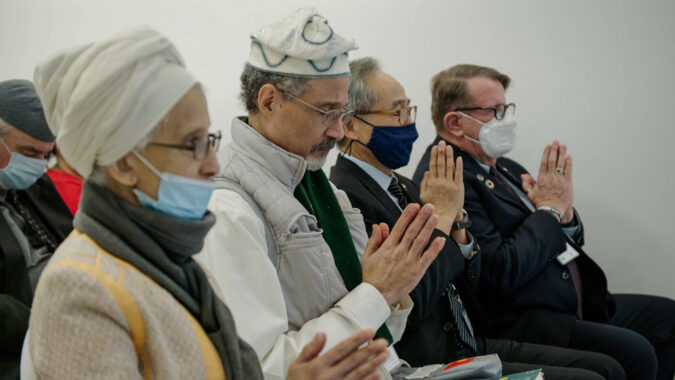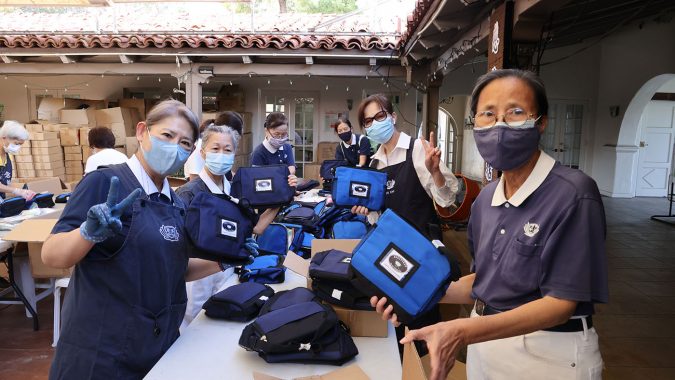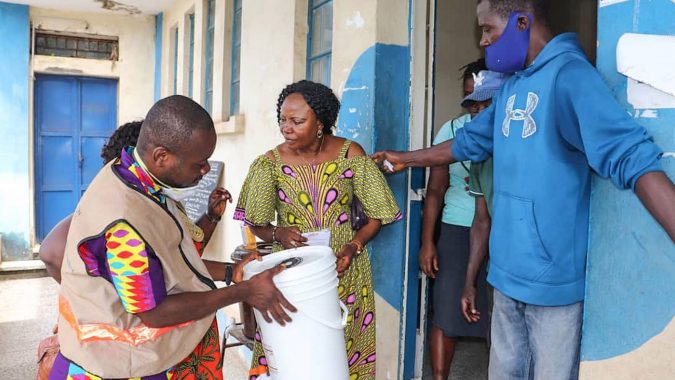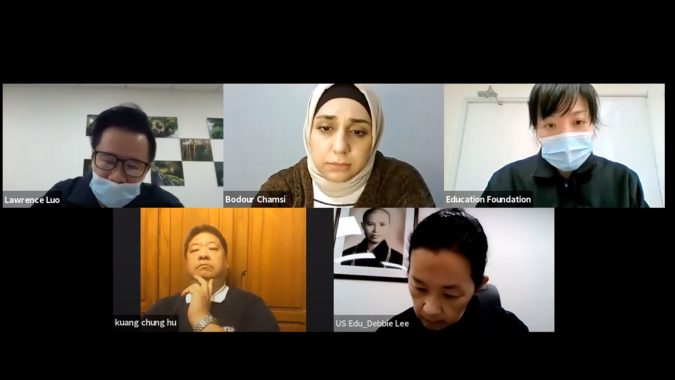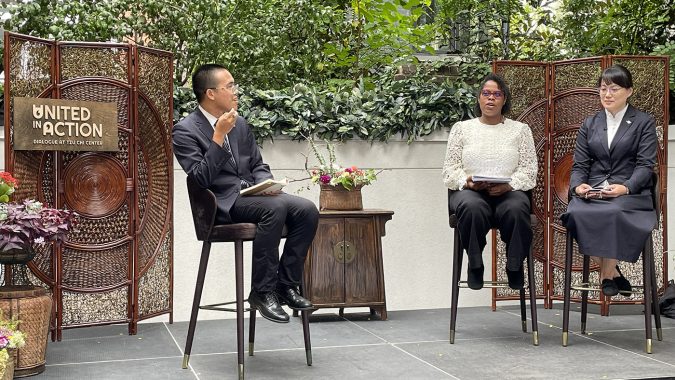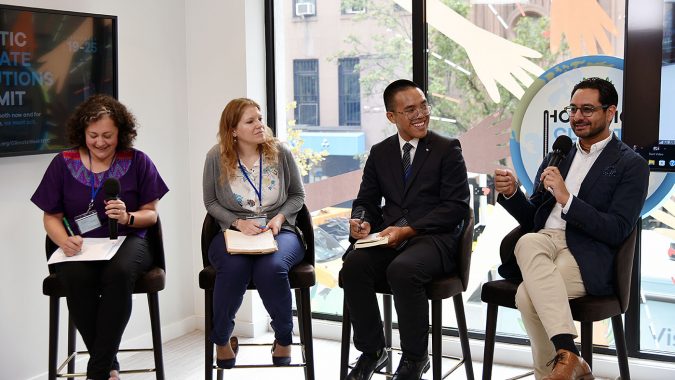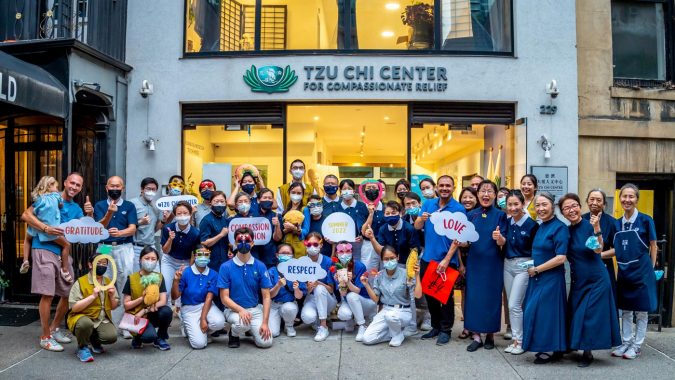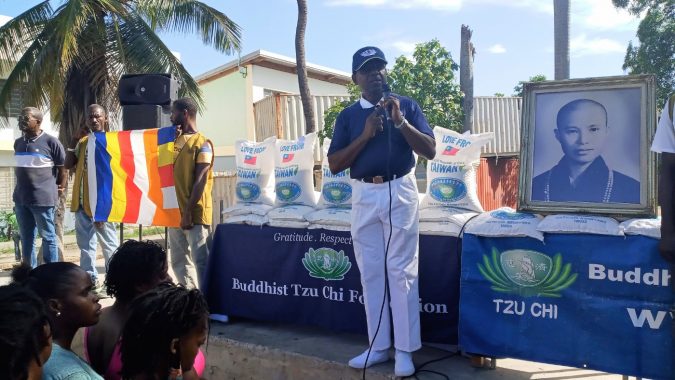WRITTEN BY: Anna Sipek
There is no question about it: the young are our future. They have the potential to act as a catalyst for change across movements in a way that no other group can, so when it comes to gender equality, we need to ensure that they understand their potential to create a happier, healthier world. On March 20th, the Tzu Chi Foundation held a panel, “Storytelling for Hope: Empowering Youth to Champion Gender Equality,” to do just that.
Storytelling is a profound tool for sharing experiences, disrupting cultural norms, dismantling power structures, and finding ways to build connections in ways we otherwise might not. However, this tool is often set into the hands of people who already have access to power, and who already are thoroughly voiced in our society.
“I love thinking about storytelling because it’s one of the only ways you get to see things through another person’s eyes,” shared Jadayah Muhammad from the International Youth Leadership Institute. “Awareness of different stories and different people’s experiences can help us understand this issue better so that we can all try to work towards a more equitable world.”
As people from all walks of life came together to discover the role storytelling can play in creating a different world, they seemed to come to a unanimous conclusion: By ensuring that those who usually do not get a voice are heard, we as a society can discover new and valuable ways of approaching some of today’s most pressing issues. That means ensuring that women and girls are given the skills and the opportunity to tell their own stories and how they see fit.
“The story gives you that language that lets you imagine what is possible and then kind of move towards that vision. It’s so powerful.” Eden Ropehr, Communications Associate with Voluntary Carbon Markets Integrity Initiative. “Women, in this case, are a huge part of the climate solution, but their stories often go untold.”
“Women have been a critical part of transformative change in our country [of Liberia],” stated Wantoe Wantoe from the AFS Intercultural Program. “One thing we talk about is how we share our experience from different continental spaces. My experience as an African or West African might be different from the experience of someone in the US.”
The gift of storytelling is the development of connections across whatever identities might divide us, whether through national borders, culture, generations, or gender.
As CSW came to a close, Tzu Chi delegates reflected on their story over the past few weeks, particularly on youth’s role in the conference.
“Tzu Chi is focused on youth-led activities and giving more opportunities to youth,” added Joy Yang Tzu Chi, a Representative from the International Youth Leadership Institute.
“Youth so often are formed into boxes of what they can and cannot do,” said Natalie Wright, Tzu Chi Representative from the International Youth Leadership Initiative. “At this year’s CSW, we’ve had an opportunity for youth to lead and find opportunities for them, and I think it was pretty successful.”
